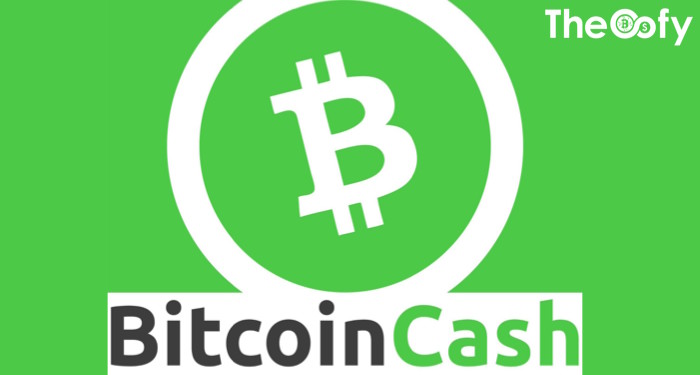United American Corp. (UnitedCorp), a digital technologies company has launched a suit against the most active players on the BCHABC camp of the infamous “BCH hash war“, accusing them of manipulating both the market and the major functions of the entire blockchain.
The lawsuit was filed before the U.S. District Court for the Southern District of Florida and in the first place goes directly against Bitmain, Bitcoin.com, Roger Ver, Bitmain Technologies Ltd, Bitmain Technologies Holding Company, Jihan Wu, Payward Ventures, Inc. d/b/a Kraken (“Kraken”), Jesse Powell, Amaury Sechet, Shammah Chancellor and Jason Cox.
The lawsuit filed is based on the fact that the defendants participated in a premeditated scheme in which, contrary to the users’ interests, illegally exercised their power as administrators of various pools to illegally utilize hash power to ensure they have the longest chain with the most significant proof of work.
After consolidating this domination, they arbitrarily implemented a series of checkpoints to prevent a return to previous blocks.
Almost everyone in the whole crypto community recognized the BCH war as catastrophic. The economic activities of UnitedCorps was affected by the market crash, for which they hope to obtain compensation if the Court determines that these losses occurred as a result of the dishonest actions taken by the defendants:
“As a result of the aforementioned market manipulation, the value of the cryptocurrency that Plaintiff mines in its BlockchainDomes has fallen significantly. The combined value of the forked currency is lower than the pre-fork currency, and the resulting confusion has been severely detrimental to the market overall. Some trading platforms have chosen to list only one of the two resulting currencies, thus reducing liquidity and the value of the currencies.”
UnitedCorp’s claim is based on the fact that the aforementioned individuals came together to plan and execute actions that resulted in a violation of Section 1 of the Sherman Act and section 4 of the Clayton Act. Due to this, it expects not only that the implementation of checkpoints and similar changes will be prohibited, but also that the blockchain will be restored to “its previously decentralized form with the previous consensus rule.”




